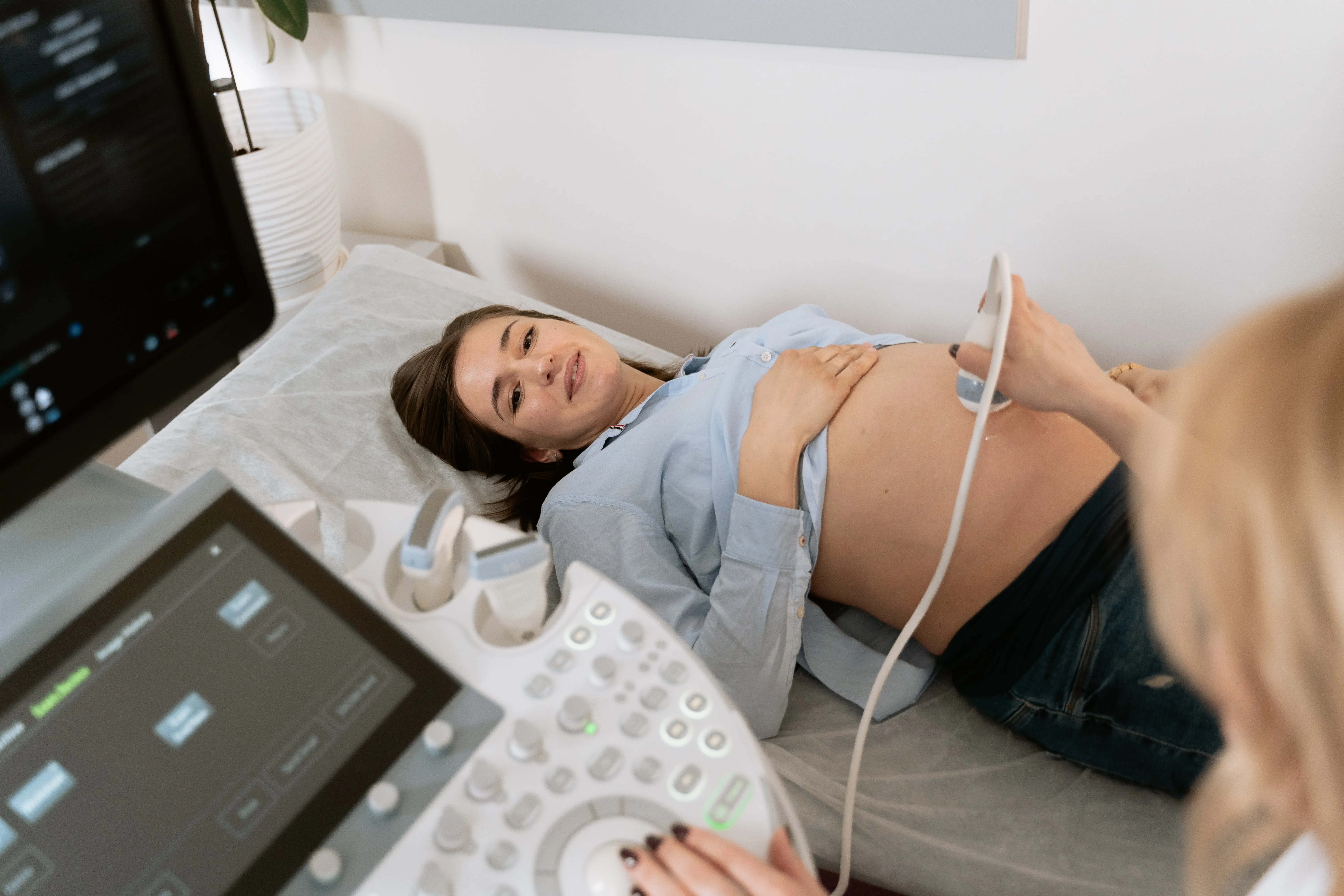how soon can you take a pregnancy test
Navigating Early Pregnancy: When Can You Take a Pregnancy Test?
Hey there, soon-to-be parents or maybe-not-quite-yets! We're diving into a topic that's filled with anticipation and maybe a touch of nerves—when can you take a pregnancy test? Buckle up for this journey through the ins and outs of early pregnancy detection.

The Waiting Game: Patience Is Key
So, you've been playing the waiting game, and those suspense-filled days have led you to wonder: when is the right time to take a pregnancy test? Well, it's all about timing and understanding your body.
Understanding Your Cycle: The Menstrual Map
First things first, let's talk about your menstrual cycle. If it's as regular as your morning coffee order, that's a good sign. Most pregnancy tests are designed to be effective after a missed period, which typically occurs about 14 days after ovulation.
Early Bird or Fashionably Late? The Timing Dilemma
Some pregnancy tests claim to deliver results before your missed period, promising early detection. While it's tempting to be an early bird, keep in mind that the accuracy of these tests may vary. For the most reliable results, waiting until after you've missed your period is generally recommended.
Personal Anecdote: Jenna's Story
Let me share a quick story. Jenna, a friend of mine, couldn't contain her excitement and took a test a week before her expected period. The result was a mix of joy and uncertainty. To be sure, she waited until her period was officially a no-show, and voila—confirmation!
HCG Levels: The Pregnancy Marker
Now, let's get a bit technical. Pregnancy tests work by detecting human chorionic gonadotropin (HCG), a hormone produced during early pregnancy. The levels of HCG rise rapidly in the early weeks, making it a reliable marker for pregnancy.
Morning Magic: Testing Tips
For an accurate result, many suggest taking the test in the morning. Why? Your first morning urine tends to have the highest concentration of HCG, giving the test the best chance of detecting it.
False Alarms: Factors to Consider
False negatives or positives can happen. Factors like medications, fertility treatments, or even improper test usage can influence results. If in doubt, a second test or consultation with a healthcare professional can provide clarity.
Conclusion: The Big Reveal
In conclusion, the timing of a pregnancy test depends on your cycle, the type of test you're using, and a bit of patience. It's a unique journey for everyone, filled with excitement, nervousness, and maybe a touch of disbelief.
As you navigate this chapter, remember that whether it's an early morning test or a fashionably late one, the result is a glimpse into a beautiful journey ahead. Wishing you all the best on your path to parenthood, and stay tuned for more helpful insights on various topics. Until next time, take care!